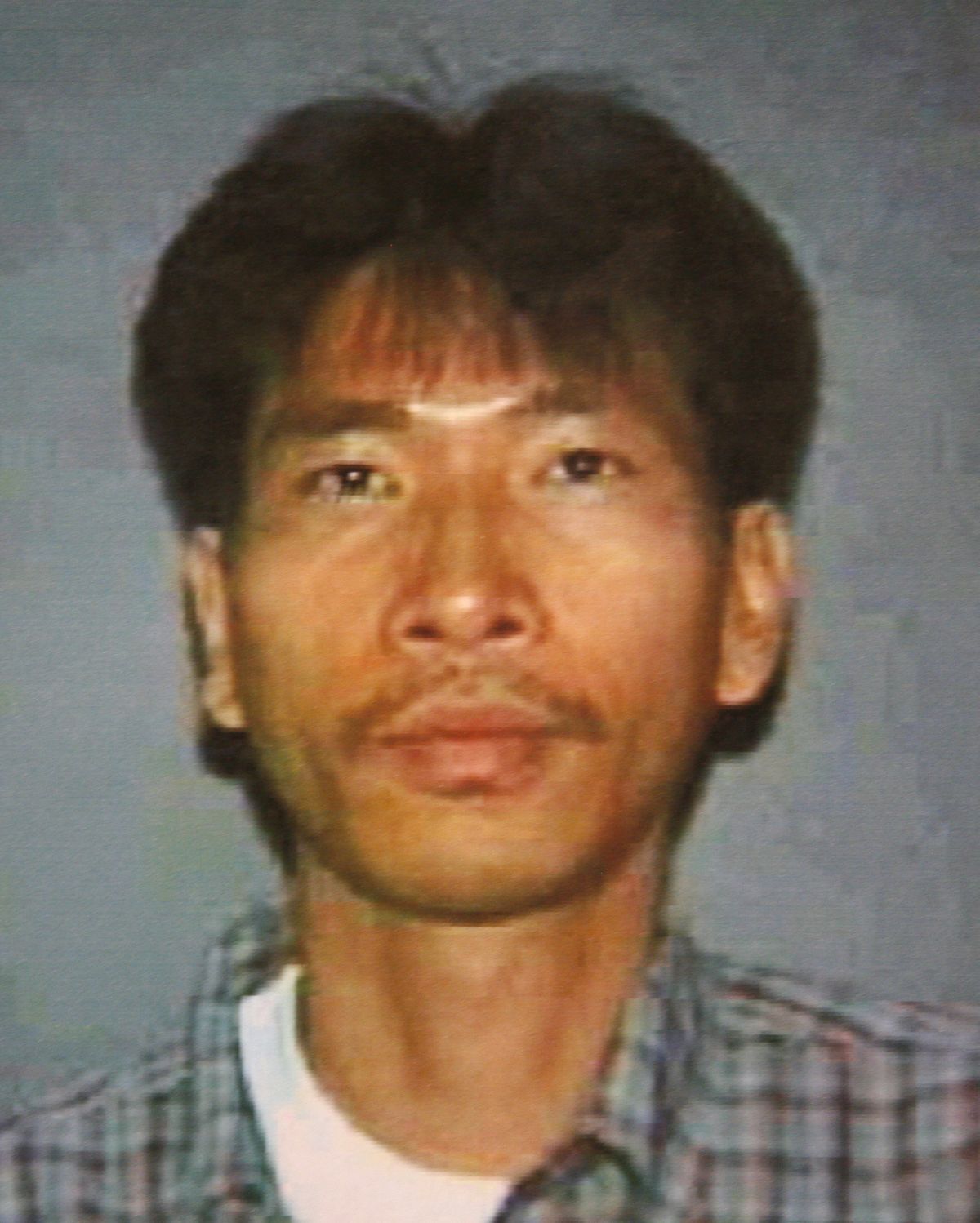Shooting victim had fled to U.S. from war in Iraq
More details emerge from N.Y. carnage

BINGHAMTON, N.Y. – Layla Khalil survived the worst of the war in Iraq, dodging death when bombs exploded near her Baghdad bus, rebuilding when her home was caught in an insurgent attack, and worrying when one of her sons was wounded while working for U.S. forces in the Green Zone.
Whenever her husband or children would plead for her to show caution, the intrepid school librarian brushed them off.
“No, no, no, if God wants me to die, it will happen,” she told them.
“It’s not that she was so religious,” Baan, her only daughter, said Saturday. “It’s just that she was a fatalist. And she saw herself as a strong woman. Nothing could stop her.”
But the chestnut-haired Iraqi and 11 other immigrants, along with their elderly Jewish teacher, were shot and killed in a sudden fusillade of gunfire Friday as they studied advanced English at the American Civic Association, a nonprofit group that helps immigrants assimilate in this hardscrabble city.
The gunman, identified by police as Jiverly A. Wong, a 41-year-old Vietnamese immigrant, then shot and killed himself as surrounding streets filled with wailing police sirens. Four other students were wounded in his rampage but are expected to survive.
Police say the thin, bespectacled Wong lived with his parents and sister in the nearby blue-collar town of Union and that he still struggled with English, although he and his family came to America in the early 1990s.
Family members told police that Wong appeared increasingly irritable and distraught in recent weeks. He dropped out of his English class at the civic center in the first week of March, fought angrily with his older sister Nga and, according to police, was fired as a day jobber at a local Shop-Vac facility.
“He was upset because he didn’t have a job,” Police Chief Joseph Zikuski said in an interview. “He felt he was looked down upon, despised even, because he didn’t speak English. And he was depressed.”
Wong liked to exercise and collect guns, and he practiced target shooting at a local range at least once a week. He owned two pistols – a .45-caliber Beretta and a 9 mm Beretta – licensed under Jiverly Voong, the name he used on most legal documents, Zikuski said.
Police forensic experts plan to plumb the hard drive of a computer seized from Wong’s home, and the FBI will help prepare a psychological profile, officials said.
He had no local police record. New York State Police investigated him in 1999 after a confidential informant reported that he was using crack cocaine and planned a bank robbery, Zikuski said. No credible evidence was found to support the claim.
Whatever demons drove Wong to take his pistols to the civic center Friday may never be known. He left no note, issued no threats, and spoke not a word before he opened fire on a packed classroom full of strangers from a half a dozen countries.
“Even if we find out why he did this, I’ll never understand why he did this,” Zikuski said.
What’s clear is that Wong was determined to kill – and perhaps to fight.
He drove his father’s 1993 Toyota Camry to the center and parked the vehicle against the back door as a barricade to stop anyone from escaping. He carried enough extra magazines of ammunition in a bag to kill everyone in the building.
And he wore a bullet-proof vest.
That suggested that Wong planned to “take on the police” in urban combat, Zikuski said.
Wong fired more than 32 rounds, police said, and hit most of his victims multiple times. He then shot himself.
Thanh Huynh, owner of Hang Phat Market, a small store that specializes in Asian groceries, said the Wongs came to America through a program that assisted former South Vietnamese soldiers and political prisoners who were imprisoned after the Vietnam War ended.
Huynh said that once the family had settled, the elder Wong, named Duong, volunteered to help other Vietnamese immigrants adjust to their new lives. But the son was far less visible.
“Everyone knew of the family, but the son, we had no idea,” he said.